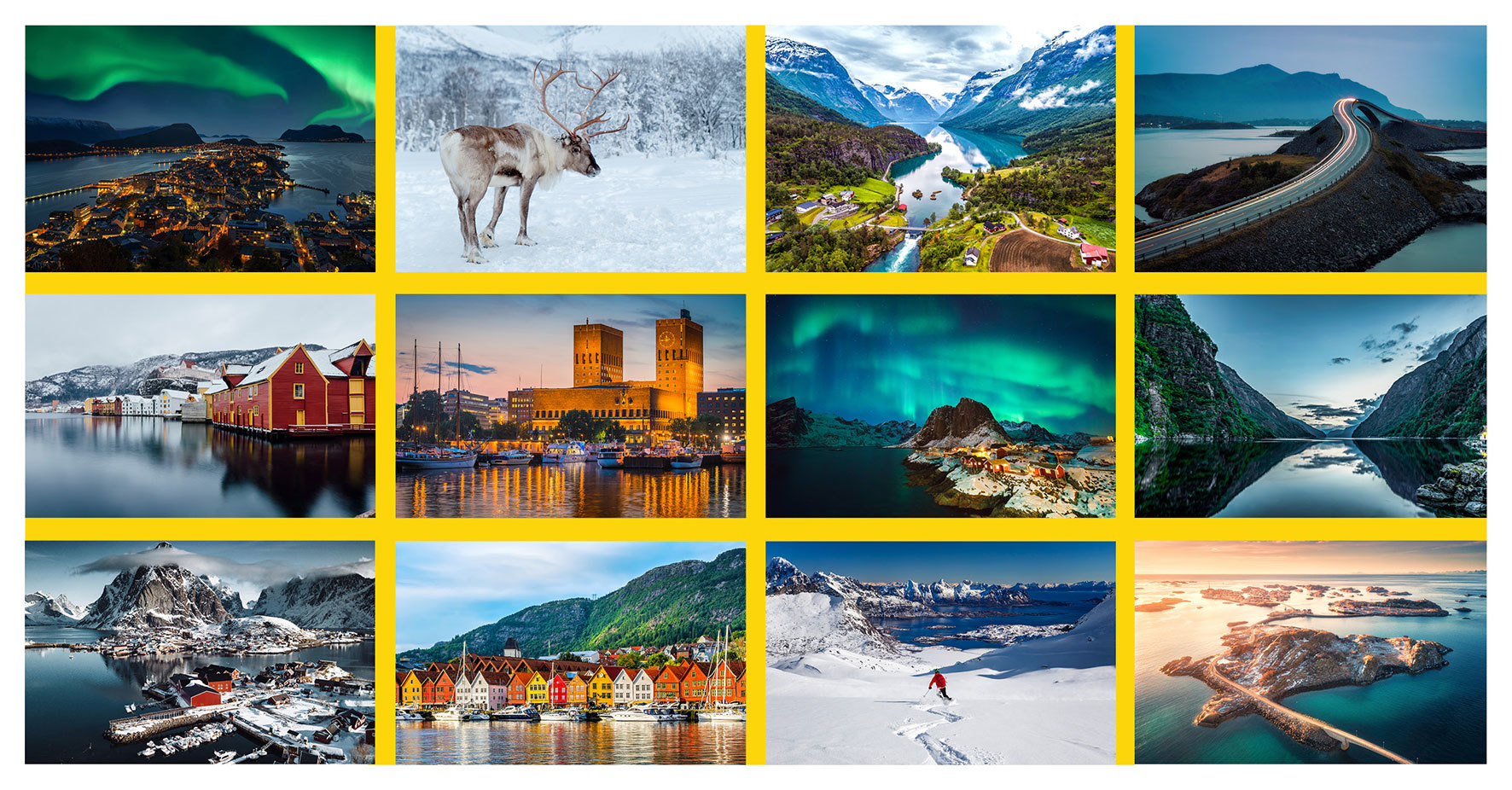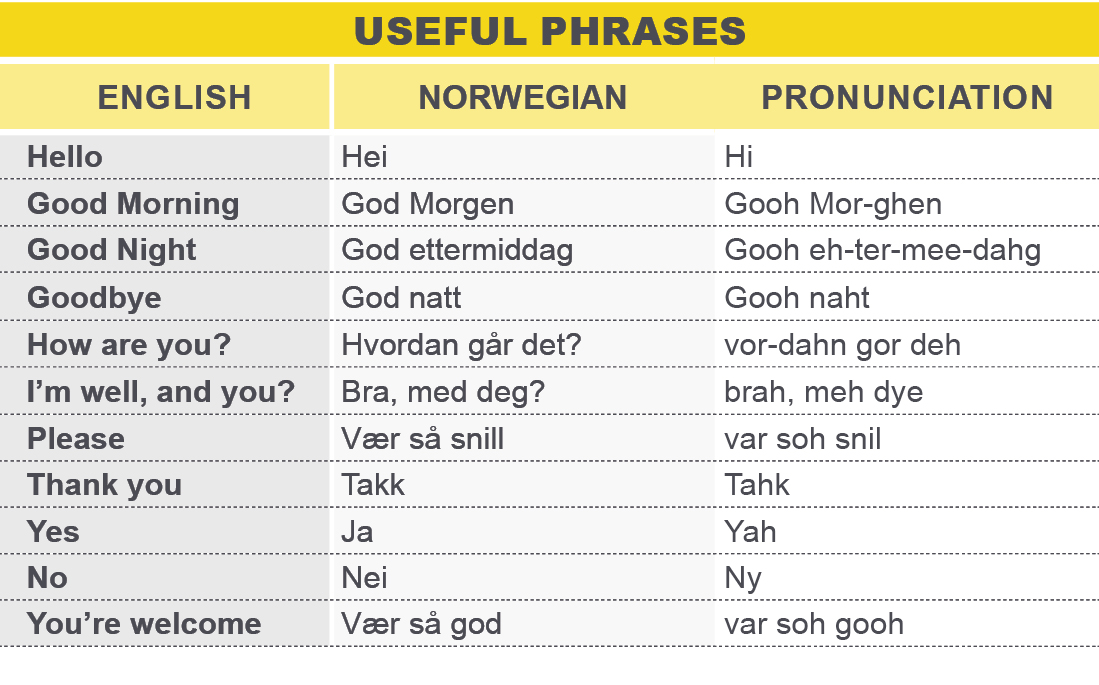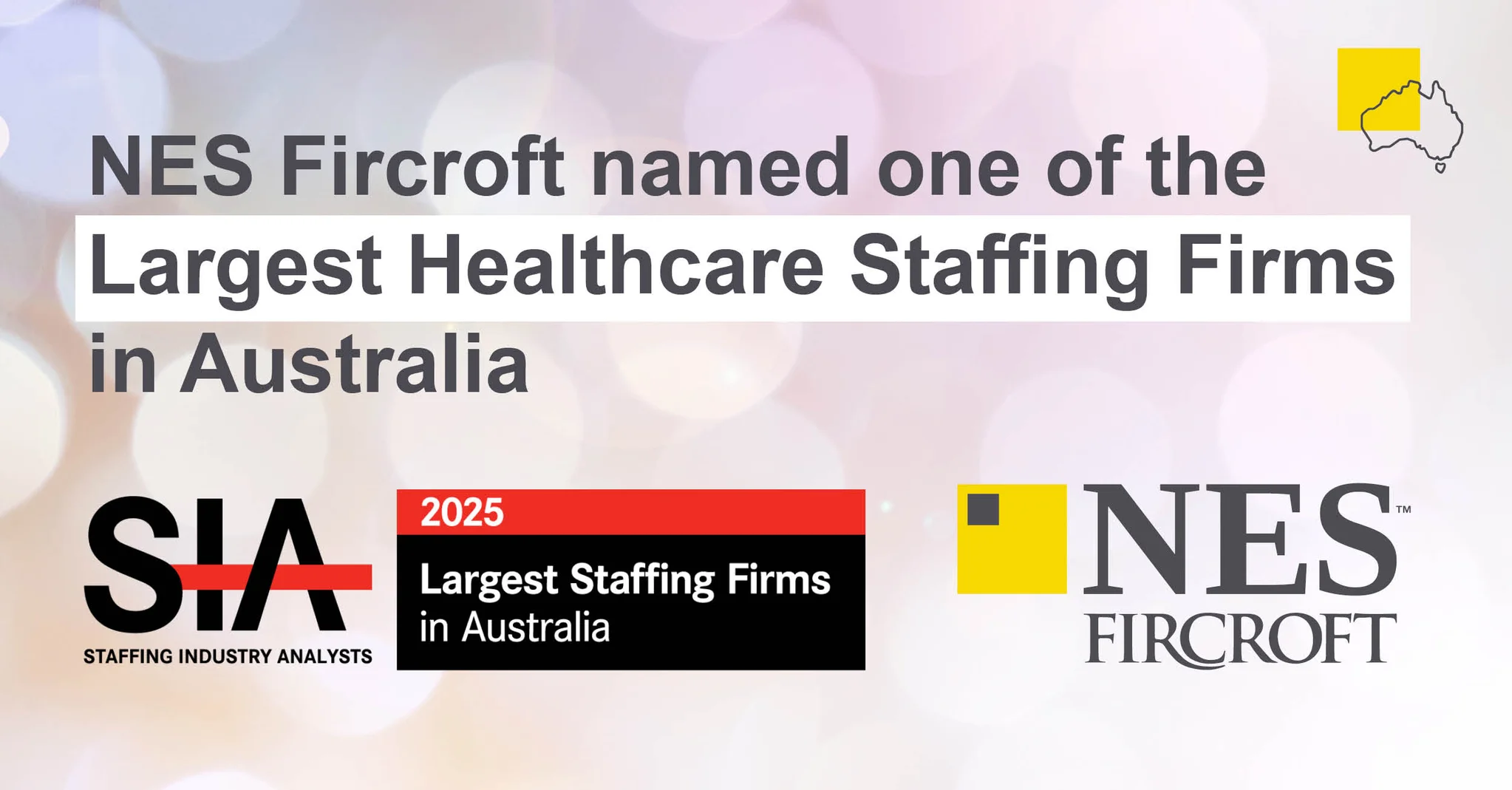5 Things You Need To Know Before Relocating To Norway
14 Feb, 20203:22Norway is a Nordic country located in North-western Europe. It’s part of the Scandinav...

Norway is a Nordic country located in North-western Europe. It’s part of the Scandinavian Peninsula and is famous for its long, craggy coastline and encompassing mountains. It’s a major player in both traditional energy markets like Oil and Gas, due to its vast natural resources, and the Renewable energy market, due to its large hydroelectric plants that generate 99% of the country’s electricity. This makes Norway a hub for skilled technical engineers looking to relocate for a job in energy.
Whether you’re relocating for a permanent or contract position, or perhaps weighing up relocation, here are 5 things you need to know to ensure a stress-free and fulfilling assignment.
Norwegian culture
The cultural influence in Norway can be traced back to the Vikings, a group of Scandinavian pioneers whose arrival can be dated back to the 8th century. Parts of Norway have a rural culture which can be seen through folk music and traditional dress. They key cultural nuances you need to understand are:
- Food – Norwegian cuisine is categorised by simple dishes, usually including seafood. Herring is extremely popular along with smoked salmon and cured fish. The national dish of Norway is a dried fish called Lutefisk. Don’t be surprised to find more exotic items on the menu such as Deer or Elk.
- Celebrations – one of the main cultural celebrations in Norway is Constitution Day which is a day to celebrate Norwegian culture. This occurs on the 17th of May each year and is marked with parades and live music.
- Etiquette – not imposing themselves or situations on others’ is a Norwegian custom. Sometimes this may manifest itself in a friend not introducing you if they run into someone they know. This is not meant as an offence!
Norwegian phrases you need to know
Norwegian and Sámi are the two official languages. 95% of the population speak Norwegian as their first language, but many also speak English fluently. This being said, it’s always appreciated if you use some Norwegian phrases where possible. Here are the key phrases to get you started:

Finding accommodation in Norway
There are plenty of places to live in Norway to suit every lifestyle but finding accommodation in the major cities can be difficult, especially during the summer and before term time as students return for schooling.
If your accommodation isn’t already arranged by your employer, here are the key locations you could consider:
- Bergen – Located on the southwest coast, Bergen is Norway’s second-largest city and is surrounded by Mountains and Fjords. Although it’s a large city, it captures a small-town charm and boasts many museums, craft shops, cafés and restaurants to enjoy.
- Oslo - Norway’s capital since 1814, Oslo is a buzzing metropolitan city and is perfect for those looking for world-class architecture, museums, cutting-edge food and landmarks such as the Opera House.
- Lillehammer - Known for the 1994 Winter Olympics, Lillehammer is perfect for winter sports enthusiasts, with many of the Olympic venues still in use. It’s also home to a rich offering of cultural centres, museums and historical buildings.
- Trondheim - A vibrant city with popular attractions such as the Niadarosdomen Cathedral. With a population fewer than 200,000, it’s Norway’s third-largest city but is considered small compared with other European cities. It provides a myriad of entertainment opportunities in a smaller setting.
Relocating to Norway with Children
Relocating with children can be challenging, but can also be rewarding. Expatriate children are often able to adapt well to new situations and can be more understanding and mindful as they begin their transition to adulthood.
In Norway, the school system is well regarded with a range of options for families to choose from. Children to begin their education from age 1. Rather than a school, children between the ages of 1‒6 attend barnehage (daycare) – this is not mandatory. Schooling is mandatory for children aged 6-16 and education is paid for by the state if your child attends a public school. In public schools, children are taught in Norwegian which is a good option for families staying in Norway for long periods of time – this will help your child quickly learn the local language.
For short term assignments, private international schools are a better option as they teach in English – some follow the International Baccalaureate syllabus and others will offer European curricula.
Travelling in Norway
Norway has a well-established transport system – you can travel by car, train, bus, underground train, tram or even ferry. Public transportation is clean, reliable and common in the cities.
To drive in Norway, you need a valid EEA or EU driving licence. If you don’t have this, you’ll need to pass a practical driving test in Norway. As in other Scandinavian countries, Norwegians drive on the right. Electric cars are very popular, with some towns or cities offering ‘Electric Vehicle only’ driving lanes to help with congestion.
If you’re traveling via public transport, it’s always cheaper to buy your ticket in advance and you can find information on both local and long distance services on websites such as: www.en-tur.no or www.ruter.no
NES Global Talent and Global Mobility
Our Global Mobility team are expatriates themselves so they know how stressful relocating can be; it’s important that you seek help and advice from experienced professionals to make your experience as seamless as possible. If you’re looking for support for your Global Mobility function, we offer consultancy, policy reviews and benchmarking, compliance audits, vendor management and more to alleviate the mobility burden. To find out more, get in touch with our experts today.










